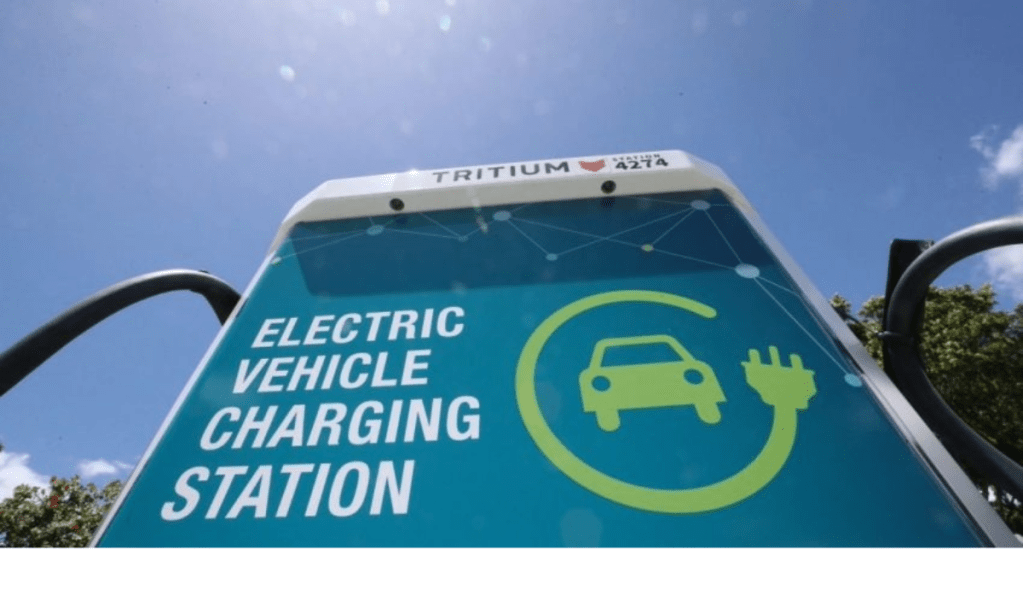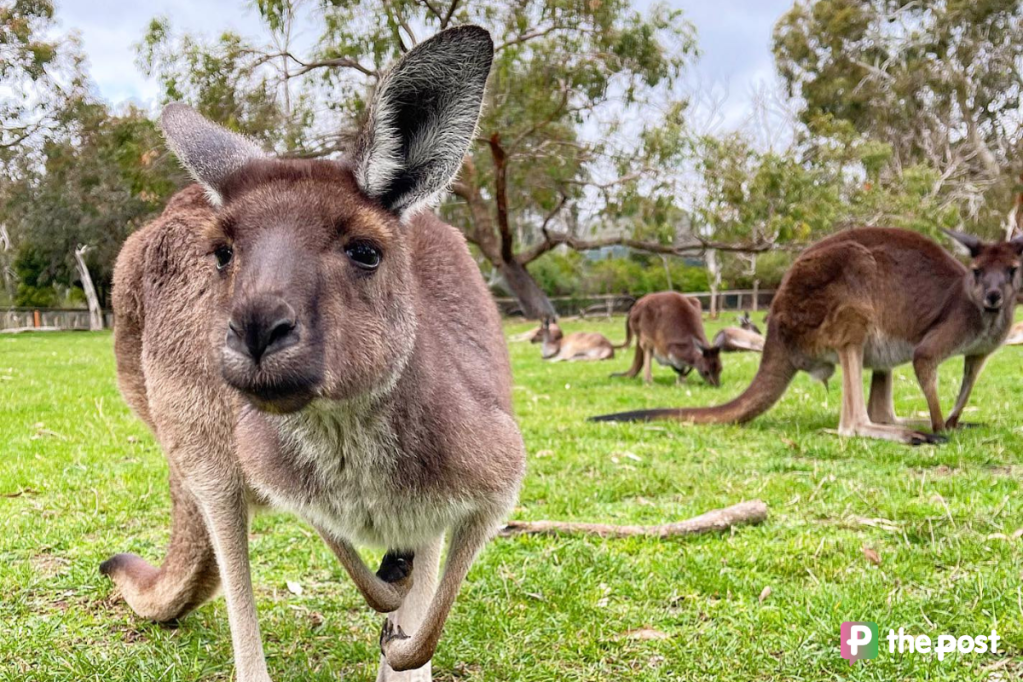Your views: on ‘hideous’ EV chargers and more
Today, readers comment on a perceived threat to CBD aesthetics, personal data storage and theft, and post-referendum reckoning.

Commenting on the story: Lord Mayor fires up over ‘hideous’ EV chargers
This seems uninformed comment from the Lord Mayor. On-street chargers are common in Paris and don’t look hideous. Perhaps before ruling out and making such strong statements it might be wise to do some rudimentary research on what the options look like. – Paul Grace
Lomax-Smith should look at her parking meters, they are far more hideous and a lot less functional than a charging station.
This is the way of the future and why we no longer see horse troughs and tie up stations. She really needs to keep up with the times or retire. – Robert Naudi
In London they are trying pop up chargers that when not in use are flush with the footpath. It keeps the charger out of sight and out of the way of pedestrians. – Julian Thompson
Why on earth are ratepayers funding public EV chargers? More middle class welfare? Let these things be installed at petrol stations by those who will supply the electricity for a fee.
And let EV owners pay for their own charging infrastructure at home (including apartment buildings). They are already been subsidised by taxpayers given that EV owners don’t pay fuel excise. – Stephen Trenowden
You might like
I don’t understand why people can’t just charge their cars at home. Wherever on street or in carpark EV charging parks, only electric cars can park there and they often seem to be not utilised. Hopefully in future they will be more fully utilised as there is take up of electric cars as a greater percentage of cars on the road.
Why do we have to litter the streets and limit parking opportunities for conventional cars when home charging is how I for one would choose to charge my electric car, were I to have one, running off my solar system and Tesla battery at home. – Sandy Wilkinson
Commenting on the story: Déjà vu for Super SA members after new data breach
It is time that organisations treated and considered confidential customer information as a liability rather than an asset. As soon as the information is used for its initial reason it should be deleted and only basic contact information stored.
For example, once a person’s identity documents such as licences and passport copies have been used to verify a person’s identity, there is no reason for it to be retained and should be deleted. An example is criminal history checks; employers are only allowed to verify that the person has a current check, they do not need copies of any documents used in that process.
Any organisation found to have retained customer personal information without a authorised purpose should be prosecuted and each customer provided with financial reward, and perhaps the organisation held liable for any financial loss caused to the customer due to a data breach. – Peter Collins
Commenting on the opinion piece: The tragic hypocrisy of the post-referendum world
Much has been written about the referendum since Saturday but this article must surely be one of the clearest set of arguments. – Joe Hoogland
Stay informed, daily
Bravo David Washington. I don’t think that could have been said more clearly. – David Cox
Exceptional piece, David. This hypocrisy is an uncomfortable truth laid bare by the referendum result.
Can we recover to find a semblance of humanity for our First Peoples to be included? I’m very worried we can’t. – Andrew Reilly
Great article David Washington. Obviously, you know all about the thin veneer that is politics, but you have no insight whatsoever into the public psyche. The nation was invited to make comment and they did. For some reason, government, and media (you included) are having trouble accepting that democratic process and its outcome.
Hypocrisy is embedded in politics; the voters know it and that is why they continue their search for options. But the public are not hypocrites, nor cynics. Only a dim-witted person would think if the people of SA had a choice, they would want to blow $3.5bn on a failed submarine contract or $15bn on developing 10 kilometres of South Road they didn’t even know they needed.
The referendum didn’t fail, it succeeded and the benefit for government is having a crystal-clear direction in which to proceed. What is sad is that Indigenous people were given hope where there was none. The blame for their soul crushing experience lies squarely with government and all the media, corporates and celebrities that pushed the Yes campaign, not the public. – Martin Burns
Wow, David. What a well articulated article showcasing our ignored hypocrisy. It will be read and reflected on by too few – it is a rare person who accepts a challenge to their entrenched thinking. And anyway, the horse has now bolted.
Who knows where the future lies for our country and its people, except that I can’t help feeling it will get worse before it becomes better. – Iris Gladigau
I am disappointed, but not surprised, that many want to see a dark intent in the no vote. So I will tell you my view, and while I voted no.
I would have loved to have a referendum question that asked us to include the First Nations people in the Constitution. Stan Grant wrote a brilliant paragraph that would fit beautifully into the Preface to the Constitution. I believe that would have passed with well over 90%.
I am also well aware of the disadvantage of some of the Aboriginal population. And would love to see the gap closed. If we need a legislated Voice to do that, (I dont believe we do), then by all means legislate it.
My main reason for voting against The Voice is that it would have been permanent, and would have remained, even when The Gap has been closed, and the need has passed. My other concern is that governments don’t listen if it doesn’t suit them. They abolished the cashless welfare card, even though many communities wanted to keep it. Same with grog in the NT.
Don’t quote human rights back at me. There is no human right to a welfare card. It is a benefit granted by and paid for by we Australian taxpayers, and we can attach any conditions we like to it. It is then up to the potential beneficiary to decide whether or not to accept it. – Bruce Macky
Excellent article. For the majority of my 72 years I have been a proud Australian. Now I am not so sure. – John Walsh








